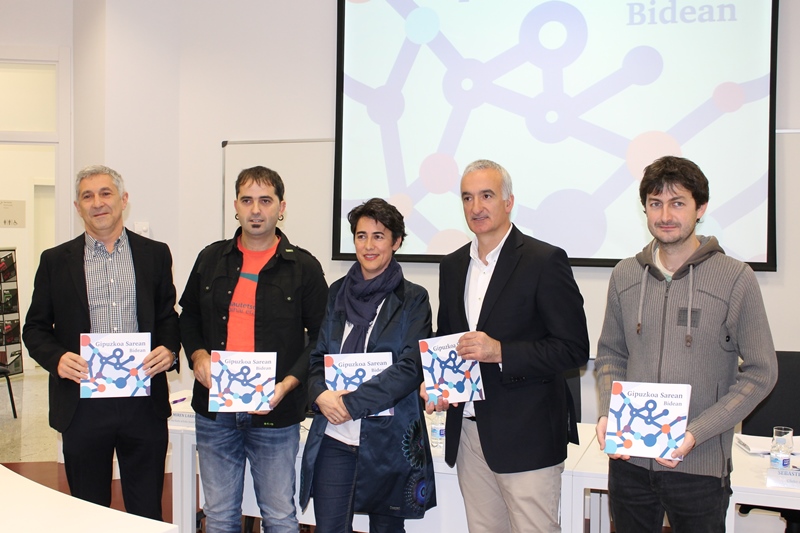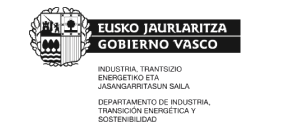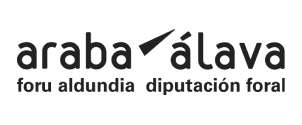19 November 2015

Those in charge of the territorial development strategy at the Provincial Council of Gipuzkoa together with Orkestra's Territorial Development and Action Research team met today with over 30 professionals from institutions, development agencies, technology centres and universities. The session focused on sharing experiences and impressions to continue building the shared governance model, to ensure the future socio-economic well-being of Gipuzkoa.
The event also included the presentation of the book entitled “Gipuzkoa Sarean, Bidean” which gathers the impressions of county agents and agents of the innovation system, as well as knowledge gained since the Gipuzkoa Sarean Project started three legislative terms ago. These agents have played an active role in the book’s design and development. Presented today at the University of Deusto campus in San Sebastian, it highlights how the different challenges encountered during the process have been overcome. It also demonstrates how support from the action research approach, fostered by Orkestra, as well as the facilitation of spaces for dialogue, have prompted the participating agents to undertake the long term sustainable territorial development process.
The presentation included the participation of: Xabier Barandiaran, Head of the General Deputy’s Office at the Provincial Council of Gipuzkoa and Head of the project from 2009 to 2011; Iñaki Errazkin, former Head of the General Deputy’s Office at the Provincial Council of Gipuzkoa and Head of Gipuzkoa Sarean from 2011 to 2013; Pedro Iturbe, former Director of the Territorial Development Office at the Provincial Council of Gipuzkoa and Head of Gipuzkoa Sarean from 2013 to 2015; Sebastián Zurutuza, Director of Management Strategy at the Provincial Council of Gipuzkoa and currently Head Gipuzkoa Sarean, and Miren Larrea, researcher at Orkestra and coordinator of Zubigintza, the laboratory for action research in Gipuzkoa Sarean since 2009.
All presentations stressed the importance of building a territorial development model which takes into account the knowledge and opinions of the county agents, city councils, institutions, firms and civil society, with the aim of progressing in a consensual manner towards a sole direction, while combining capacities and efforts to emerge from the current crisis as stronger entities.
Xabier Barandiaran expressed his appreciation for the work carried out by Miren Larrea; Mari Jose Aranguren, General Director at Orkestra; and Ander Arzelus, Head of Service at the Provincial Council of Gipuzkoa, and for their contribution to the project. According to Xabier, the initiative began with the aim of bringing institutions closer to organised society and addressing the general political crisis at the time. He also stated that the third pillar consisted of opening up shared work spaces between different political movements. “Political confrontation has paralysed numerous projects in Gipuzkoa and we needed to open up new areas for decision-making where agreement is possible", he explained. He highlighted the importance of the project having continued in spite of government changes and expressed his gratitude for the contributions, participation and generosity of all agents.
Iñaki Errazkin, who took over the project in 2011, stated that having chosen and kept the Gipuzkoa Sarean model alive in the long term was “certainly the right move by the Provincial Council of Gipuzkoa, as this enabled us to work more closely with regional agents. And for the first time, they had the chance to share dialogue focusing on each area's reality and challenges and come up with strategies and approaches to guarantee development of the territory as a whole". He also remarked, "Gipuzkoa Sarean enabled us to set up direct communication with regional agents so that they could express their ideas and concerns".
Along these lines, Pedro Iturbe, who led the project from 2013 to 2015 added that "Institutions such as the Provincial Council of Gipuzkoa should serve society to mobilise and facilitate participation of public and private organisations to move forward in a sole direction, optimising the territory's knowledge and resources, organising the knowledge network and defining the direction and strategies so that the regions' needs for building the territory of Gipuzkoa are top priority".
During the book presentation, Miren Larrea, researcher at the Basque Institute of Competitiveness and coordinator of the Gipuzkoa Sarean research laboratory from its beginnings, explained how the action research methodology contributed to the development of the project. She stated that “this model continuously combines reflection and action which allows its continuous assessment, and guides the activity towards reflection and the solution of problems that arise during the process". She also added that the use of this methodology in participative territorial development building processes, together with shared governance “makes the process coherent because this methodology makes it possible to reach a balance between different interests and constantly adjust discussions and actions".
Miren Larrea also stated that Gipuzkoa Sarean is a development model that has become well known on the Spanish and international scene and has even become a case study, thanks to its ability to combine the interests of politicians and regional agents in a single space for a prolonged period of time.
Focusing on the present, Sebastián Zurutuza guaranteed the project’s continuity because, in his words, it is a “perfect fit” with the Provincial Council's new governance model. Looking ahead, he explained that several improvements such as convergence with economic promotion will be introduced, as this is a strategic objective for the current Provincial Council. Other improvements mentioned by Zurutuza include: the inclusion of the Basque Government, the creation of closer ties with local and regional agents and the creation of a third working space with a territorial perspective.
We invite you to see the following video, where four of the territorial agents that have been part of Gipuzkoa Sarean share their perspective about the event:












